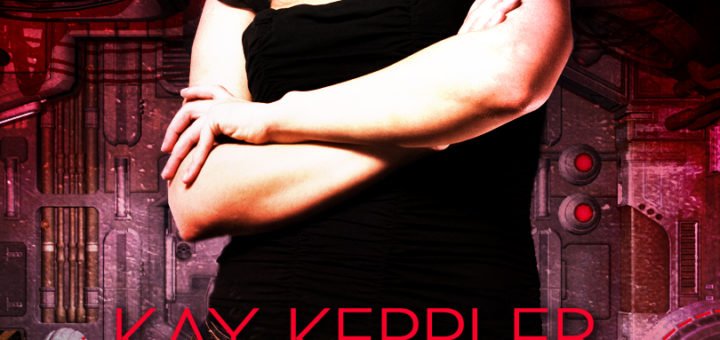Getting Intimate with Your Characters by Kay Keppler
A famous author once said that every book should contain a love story. Now, that author might not have thought that the love story needed a sex scene, but many novelists writing in every genre do include sex scenes in their books. And there’s a problem with that.















Recent Comments